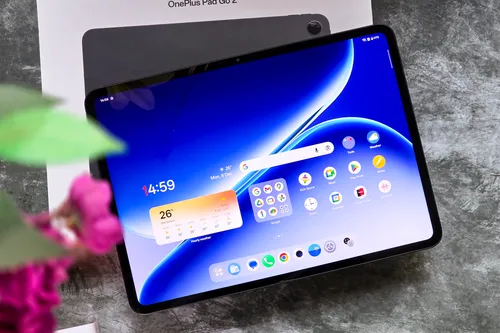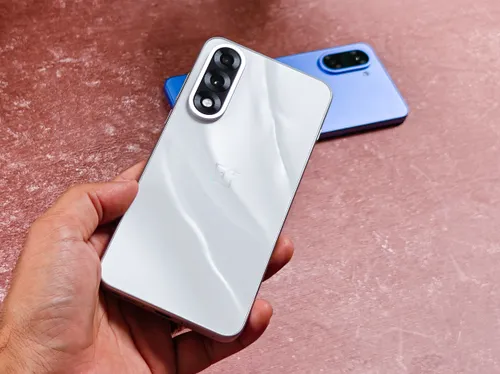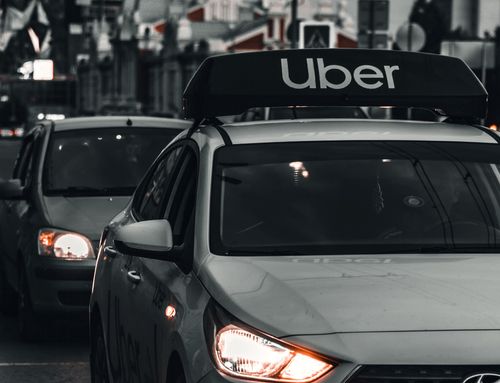
The Uber app(s) will soon bless your eyes with long, unavoidable video ads
Uber will soon start showing video ads worth up to 90 seconds on its mobile app. And the tablets installed in some cars. You can't turn off these ads. The ad-pocalypse starts this week.
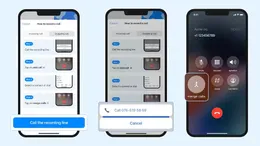
Truecaller's Call Recording feature is back, but only for the rich and willing
Truecaller, the app that loves to play hide and seek with your privacy, is back with a hilarious twist! They've reintroduced call recording as a premium feature. Now you can pay to record your calls, a convenience that you can get for free elsewhere, btw!
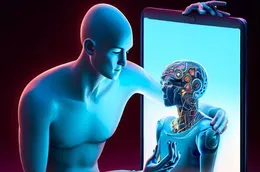
Too much AI chat can screw you over with insomnia, loneliness, and post-work alcoholism, says research
A research published in the Journal of Applied Psychology says humans interacting too much with an AI at work faced its wrath on their physical and mental health.

Reddit falls to the cash demon that shit-ified Twitter; the fight for its soul rages, in vain!
Reddit now wants money from the people that kept the platform alive with hours of FREE volunteer work. It’s a misdirected aim at milking money, but hundreds of millions of users are protesting the shit show.
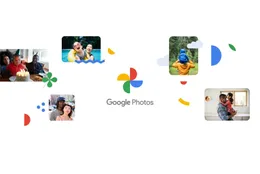
Google Photos is now the Ultimate paparazzi app: It tags faces from behind and turns your pics into Hollywood blockbusters!
Google Photos: Because who needs personal boundaries? Now it can tag people even if they're camera-shy! Privacy? Pfft, just another word for yesterday. Let the paparazzi invasion begin!
Google Search could be smothering your creativity
A Carnegie Mellon University study reveals starting your brainstorming process with Google can be detrimental to the group's creativity.
Teams relying much on search engines often produced inundatingly same, less original ideas due to a cognitive bias called "fixation effect," where seeing popular answers converges our thought process instead of diverging it.

While individuals weren't necessarily dumber with Google, groups of Google users seemed to get stuck in a rut, often coming up with the same common ideas, sometimes even in the same order! Talk about a copy-and-paste creativity crisis.
"This appears to be due to the fact that Google users came up with the same common answers, often in the same order, as they relied on Google, while non-Google users came up with more distinct answers," explained lead author Danny Oppenheimer.
EDITORS' PICKS

